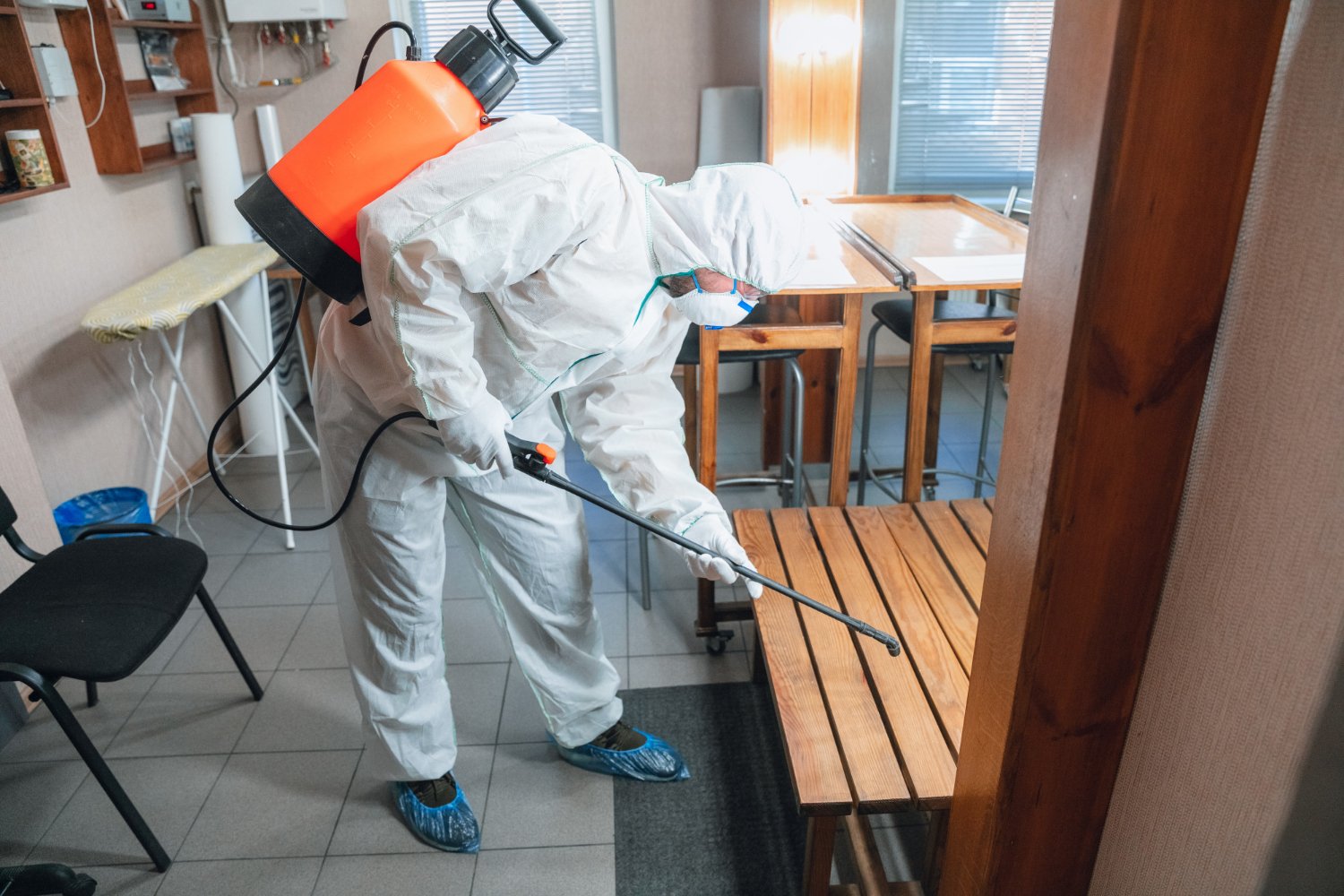Pest management is a crucial aspect of orchard and vineyard management. Pest infestation can cause significant damage to crops, resulting in loss of yield and financial losses for farmers. In addition, the use of harmful chemicals in traditional pest control methods poses serious threats to the environment and human health. As a result, there has been a growing demand for safe and sustainable pest control solutions in the agricultural industry.
Fortunately, there are several innovative approaches that farmers can implement to ensure safe pest control in their orchards and vineyards.
Integrated Pest Management (IPM) is one such approach that focuses on preventing or minimizing pest problems through ecological principles. This method involves identifying potential pests, monitoring their population levels, implementing cultural practices to reduce pest habitat, and using chemical pesticides only when necessary.
Another eco-friendly option is biological control. Pests’ natural enemies such as predators, parasites or diseases are introduced into the crop ecosystem to reduce pest populations naturally without causing harm to crops or humans.
Crop rotation is another effective method used by farmers not only for improving soil fertility but also for managing pests. The practice involves alternating crops each season as different plants attract different pests; therefore crop rotation breaks the cycle https://twitter.com/safepestcontrol of infestation.
Additionally, farmers can adopt physical barriers like screens or netting around their orchards and vineyards which prevent insects from accessing their crops while allowing beneficial pollinators inside.
Another approach gaining popularity among organic growers is companion planting – where certain plants with natural repellent properties are planted alongside vulnerable crops creating a multi-crop environment limiting pests’ abilities to find host plants effectively.
Moreover, pheromone traps release synthetic insect hormones that disrupt communication between male and female pests preventing them from mating consequently reducing population growth significantly.
Insectary plantings provide habitat suitable for beneficial insects which prey on crop-damaging ones; this minimizes spraying needs by enhancing nature’s own defense mechanisms acting as an early warning system detecting pests and preventing potential outbreaks.
Apart from the above techniques, good sanitation practices should also not be ignored. Routine maintenance of orchards and vineyards such as removing weeds, fallen fruit and pruning damaged leaves or stems help create an unfavorable environment for pests.
Furthermore, farmers should regularly inspect their crops for symptoms of pest damage; early detection and prompt action can prevent an outbreak from spreading resulting in significant financial losses.
Effective pest management is not only about protecting crops but also safeguarding human health. The use of harmful chemicals can have serious implications on consumers consuming fruits or wines produced through such unregulated methods. By implementing safe pest control practices, farmers can produce safer food and contribute to a greener environment.
In conclusion, traditional methods of pest control in orchards and vineyards are being replaced with environmentally friendly alternatives that prioritize long-term sustainability over short-term gains. With rising concerns about food safety among consumers, it is essential for farmers to adopt these sustainable approaches towards pest management. By using a combination of different techniques tailored to suit their specific needs, farmers can effectively manage pests without compromising on crop quality or consumer health. In the end, it is a win-win situation where both producers and consumers benefit from safe pest control practices in orchard and vineyard management.

